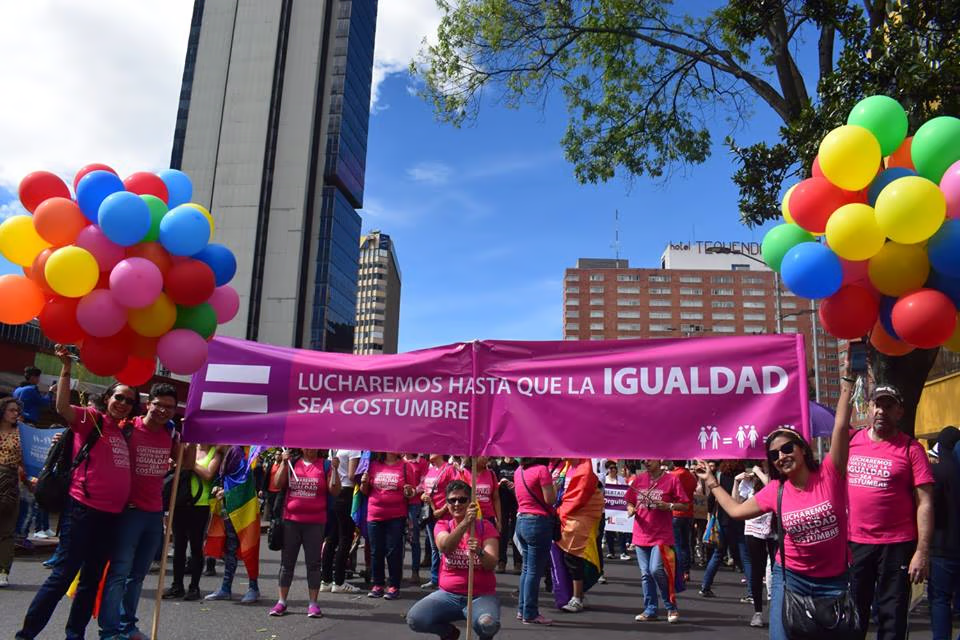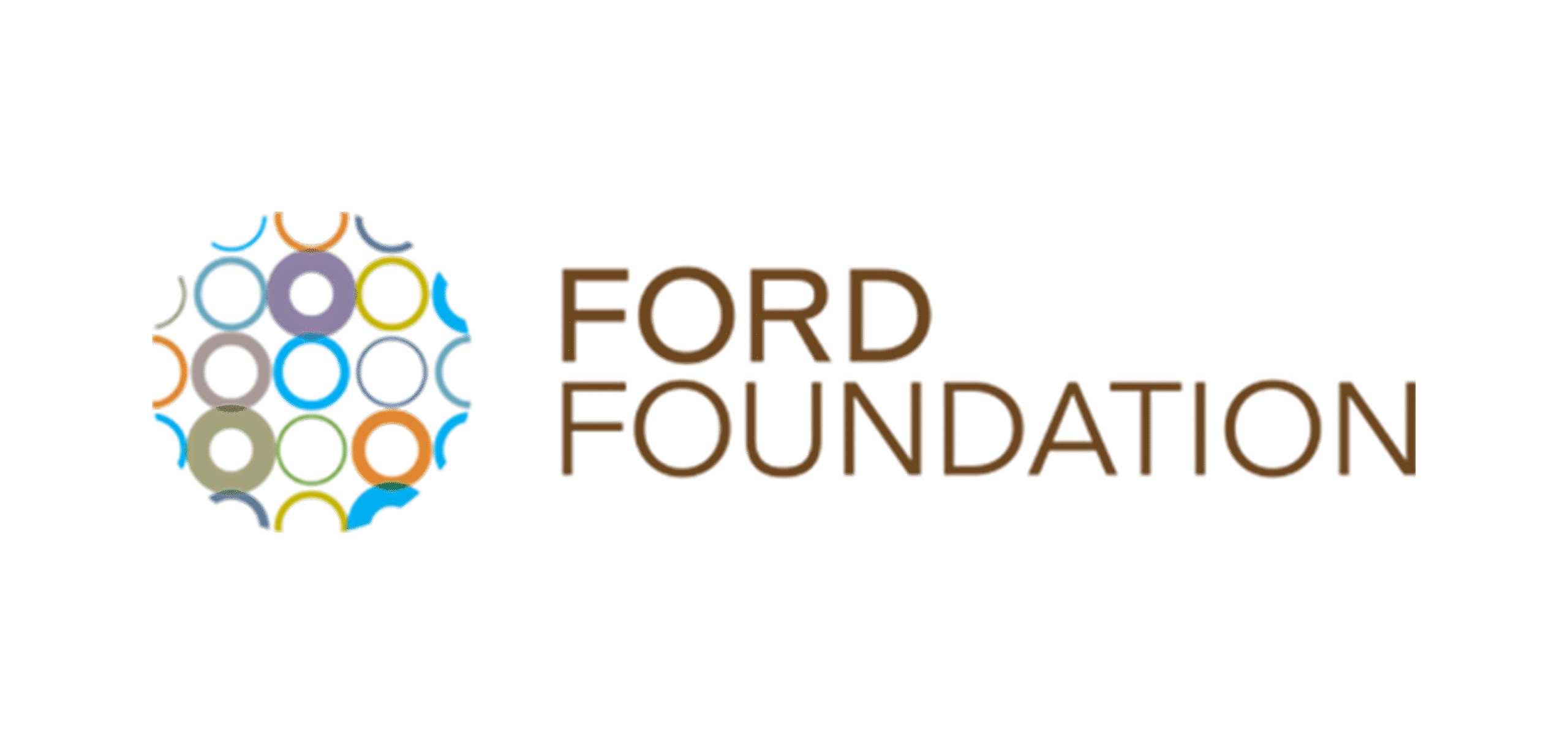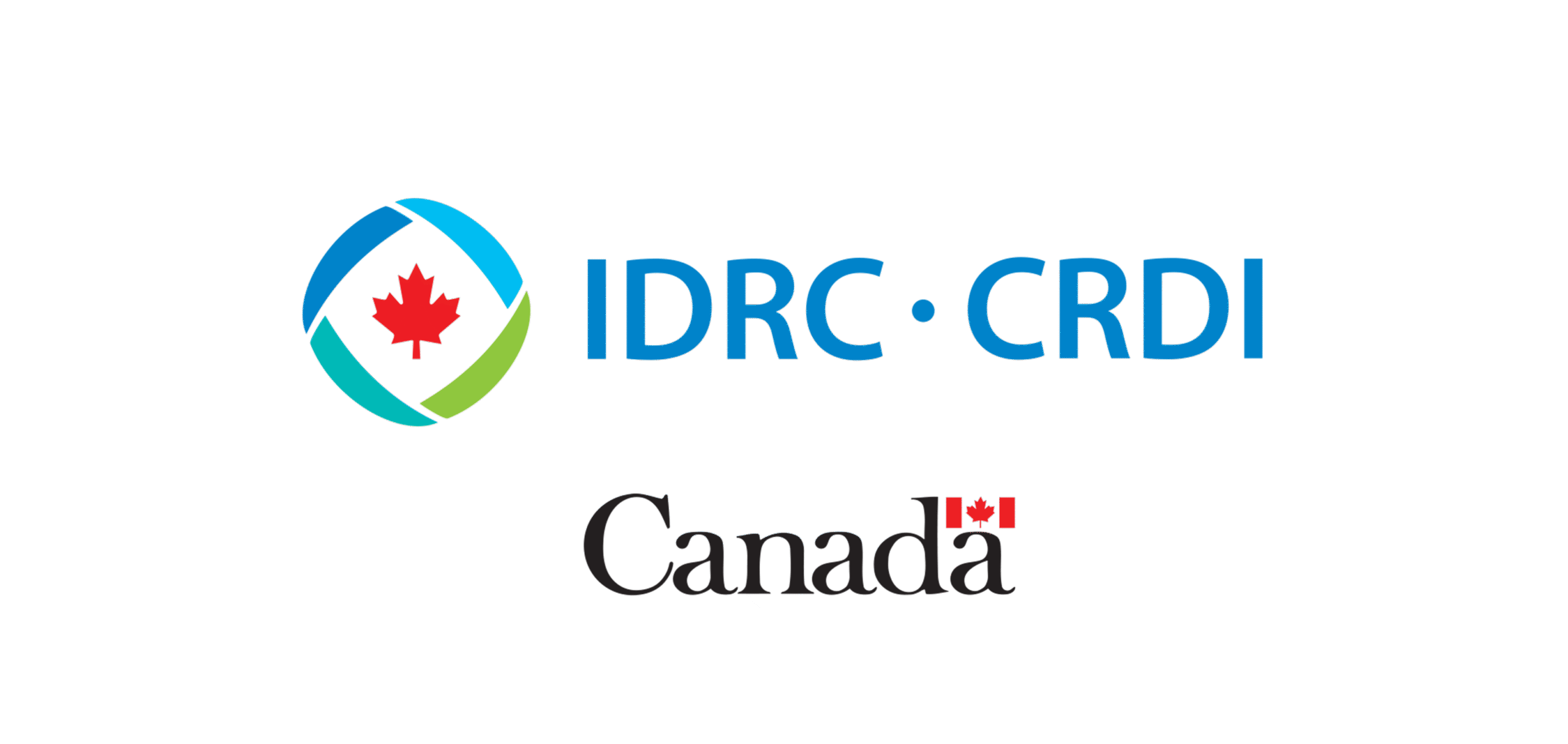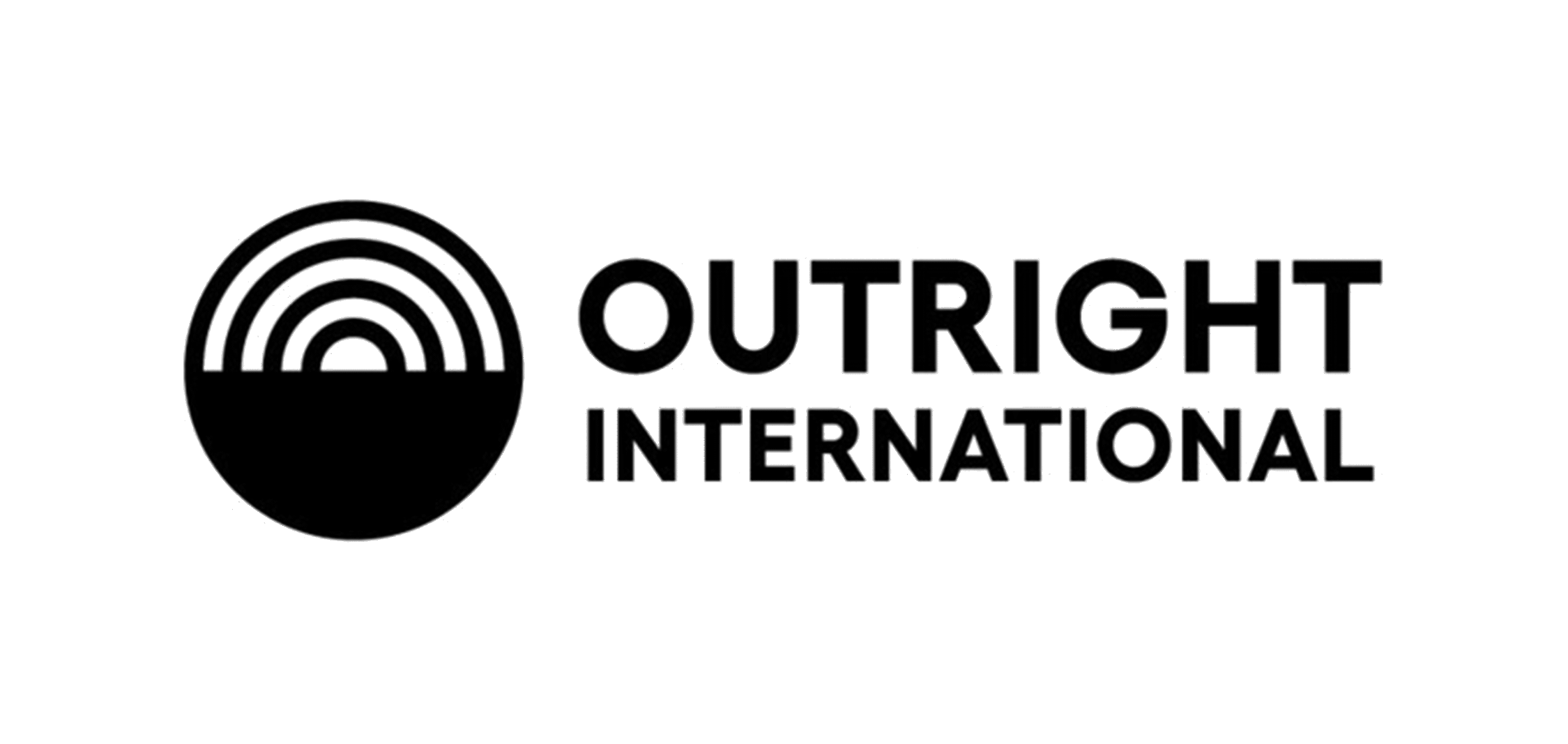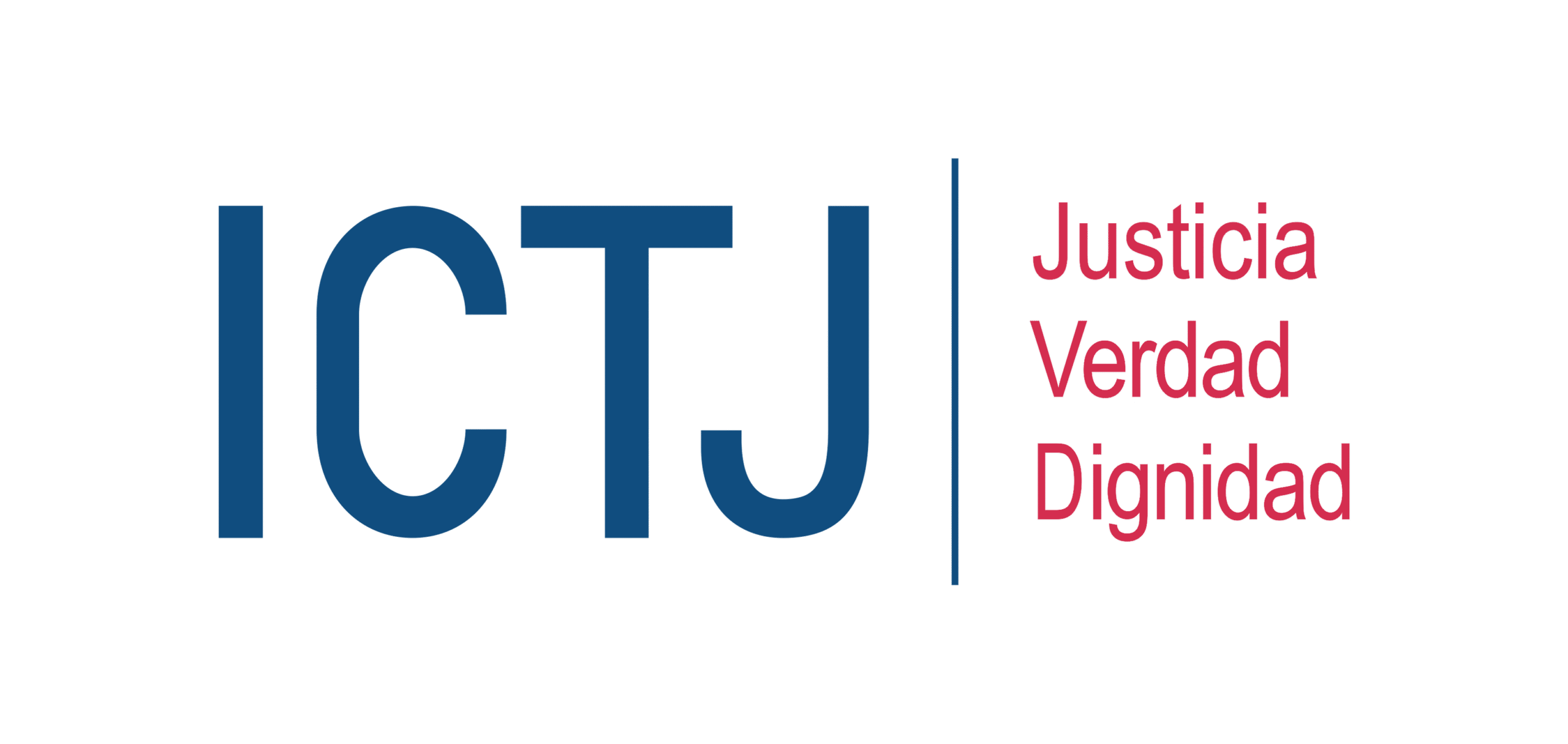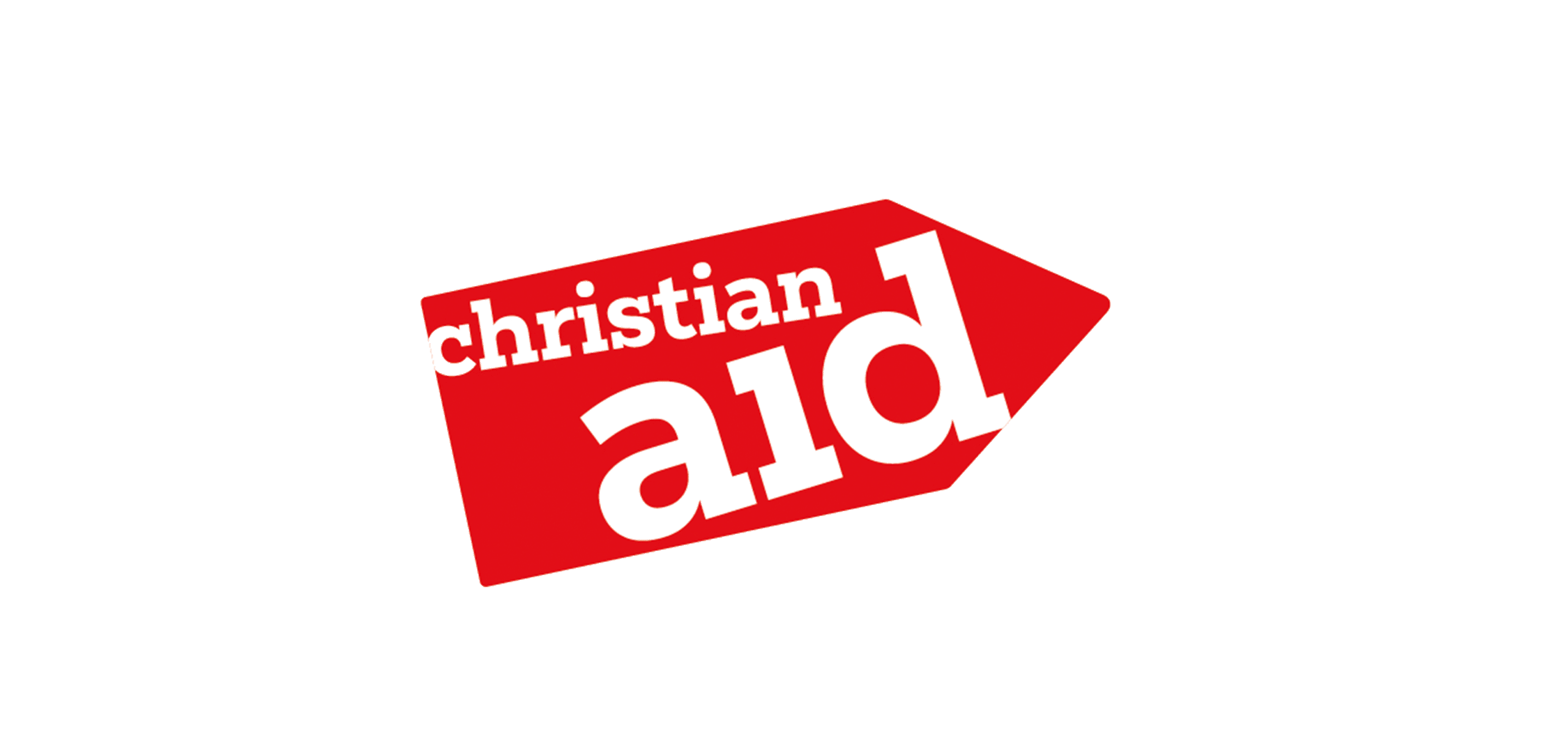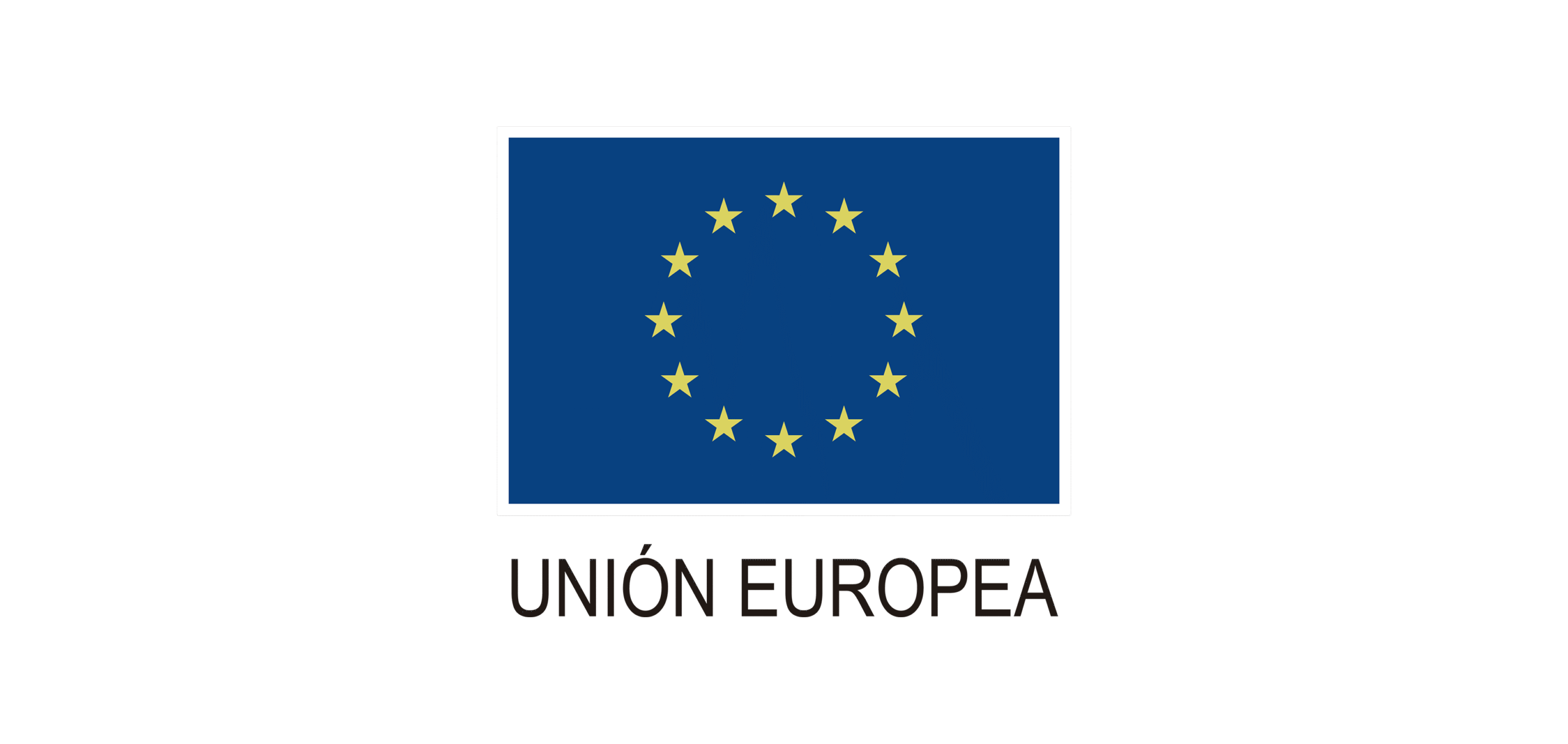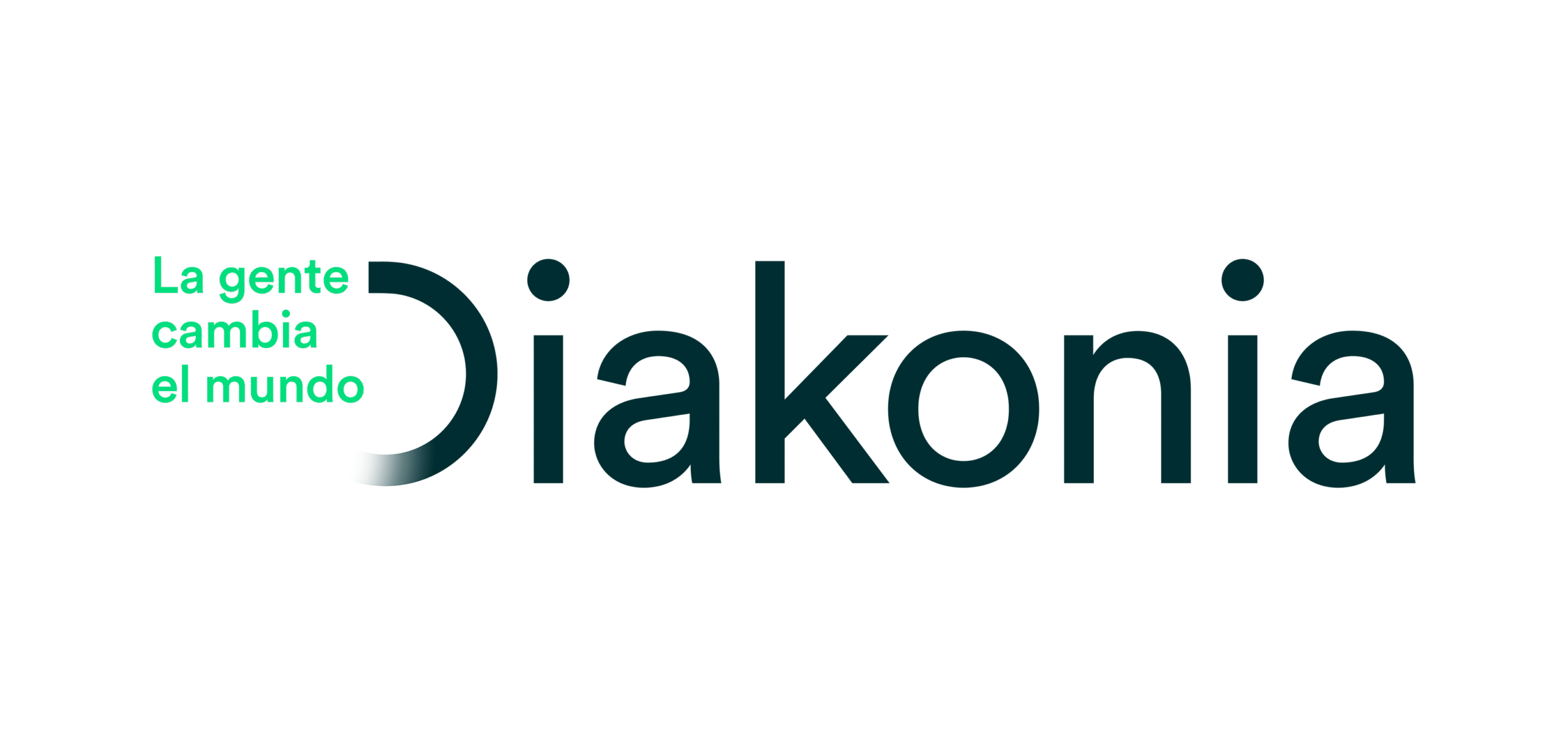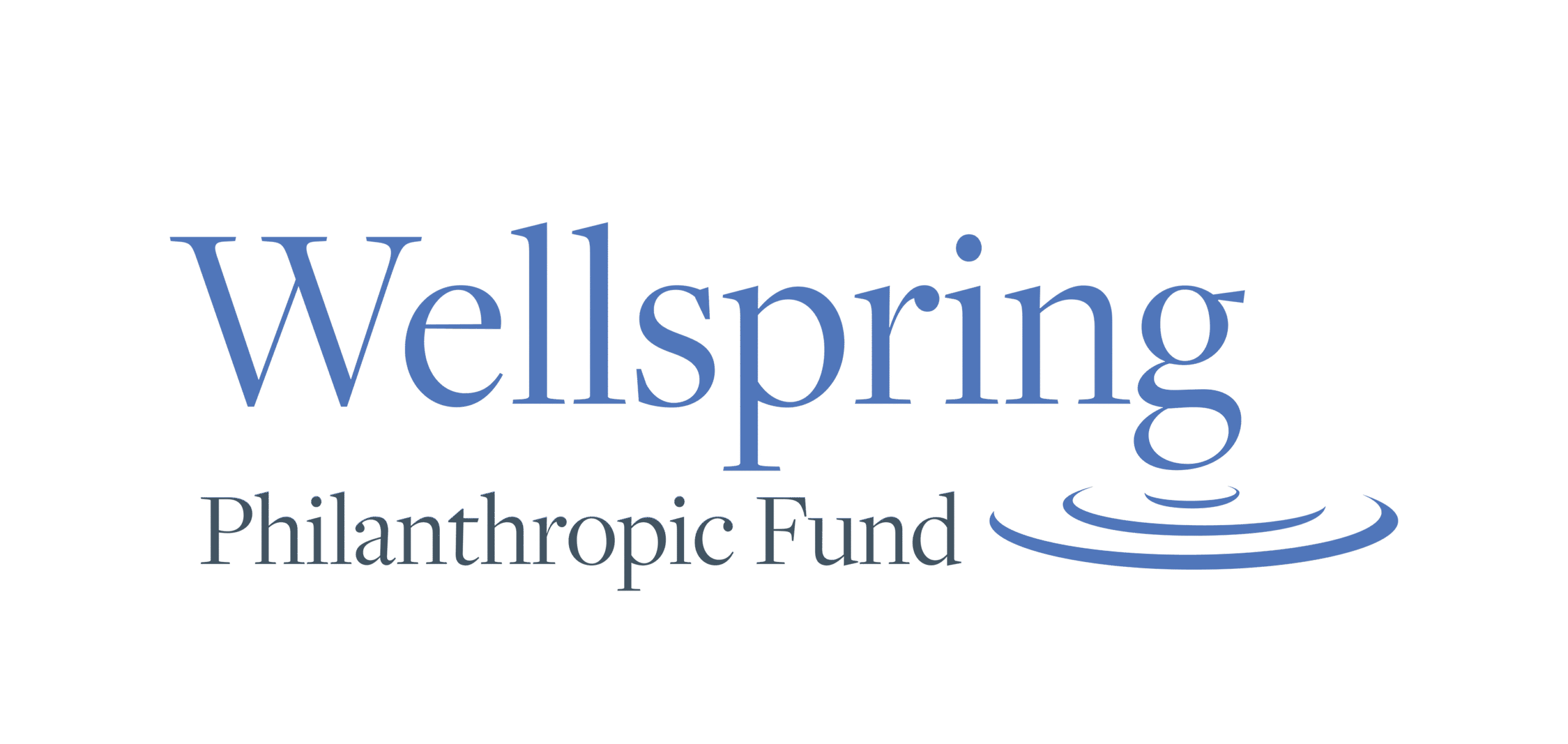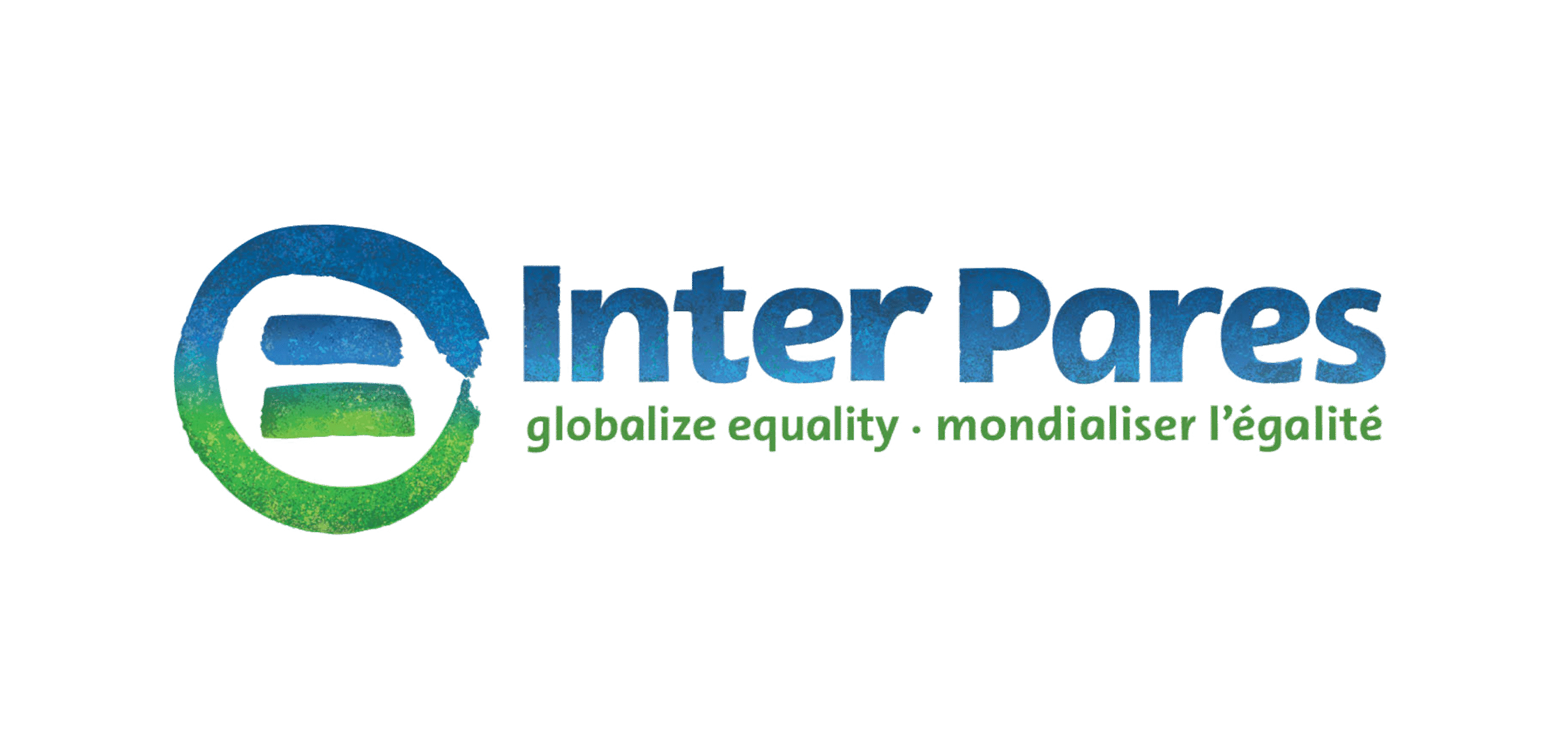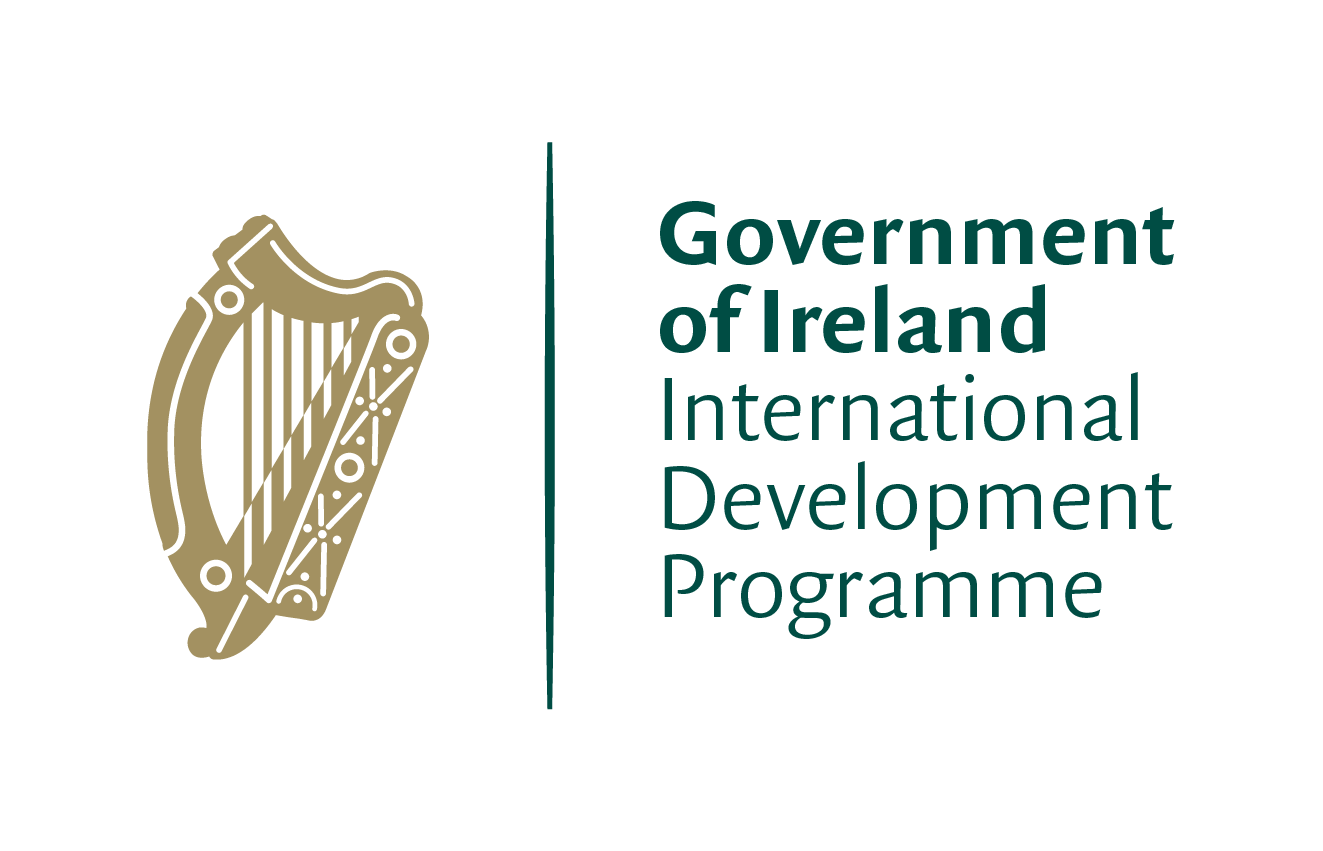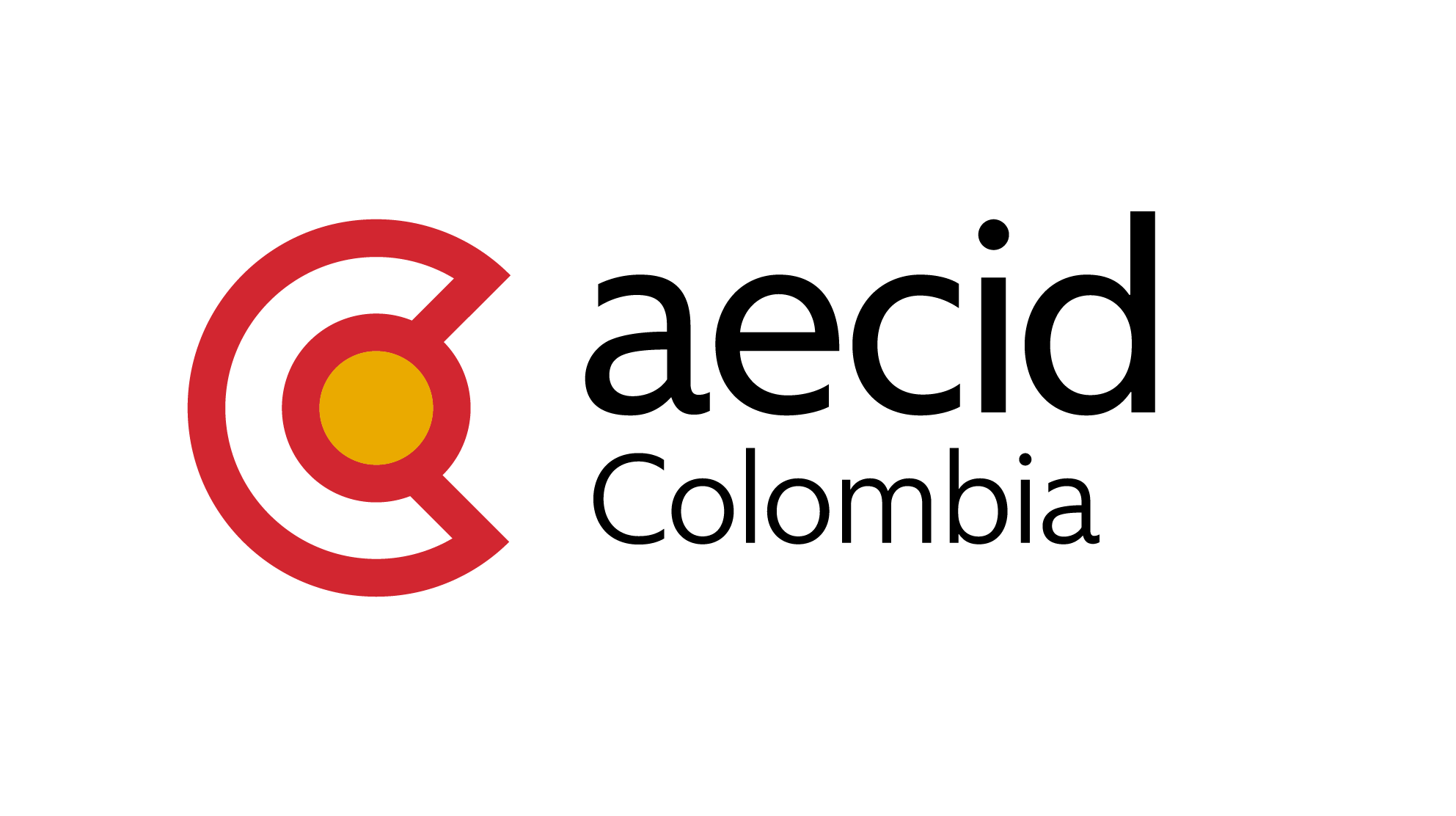In the framework of the review that the Committee on Economic, Social and Cultural Rights (ESCR Committee) will carry out on the Colombian State regarding the fulfilment of the obligations established in the International Covenant on Economic, Social and Cultural Rights (ICESCR), Colombia Diversa presents the main obstacles faced by lesbian women, gay men, bisexual, trans, intersex and queer (LGBTIQ+) persons in the country in relation to the enjoyment of their economic, social and cultural rights (ESCR) and requests the ESCR Committee to make specific recommendations in favour of the rights of LGBTIQ+ persons, intersex and queer (LGBTIQ+) women face in the country in relation to the enjoyment of their economic, social and cultural rights (ESCR) and requests the Committee on ESCR to make specific recommendations in favour of the rights of LGBTIQ+ people beyond the non-discrimination clause in order to promote more effective actions that promote the transformation of stereotypes and prejudices against this population, as well as their real integration and equality in Colombian society.
These needs are demonstrated by the limited impact that the general recommendations have had on the transformation of prejudices. Although Colombia has recently made significant advances in its regulations and public policies in relation to the rights of this population group, such as the recent issuance of the National Plan for the Guarantee of the Rights of the LGBTIQ+ Population - CONPES 4147However, all these advances, in particular those associated with ESCR, are rights that have not been effectively realised. This is reflected, for example, in the overall figures for violence against LGBTIQ+ people in Colombia:
| Homicide | ||||||||
| 108 homicides | 109 homicides | 109 homicides | 106 homicides | 226 homicides | 205 homicides | 148 homicides | 159 homicides | 175 homicides |
| 2016 | 2017 | 2018 | 2019 | 2020 | 2021 | 2022 | 2023 | 2024 |
| Figure 1. Number of homicides per year of LGBTIQ+ people in Colombia | ||||||||
| Threats | |||||||
| 49 cases | 64 cases | 127 cases | 107 cases | 337 cases | 97 cases | 181 cases | 203 cases |
| 2016 | 2017 | 2018 | 2019 | 2020 | 2021 | 2022 | 2023 |
| Figure 2. Number of cases of threats against LGBTIQ+ people per year in Colombia | |||||||
The main victims of all these acts of violence were gay men and transgender women.. It should be noted that, as of June 2025, the Attorney General's Office reported 45 homicides of LGBTIQ+ people, of which 20 were gay men and 14 trans women..
Much of this violence, as evidenced by the figures, has beenAlthough they remain in impunity, it also has a clear origin related to the stereotypes and prejudices existing in the population, where imaginaries of profound rejection of people with diverse sexual orientations, identities and gender expressions (OSIEG) persist. It is also noted that access to ESCR by this population group is even more difficult, given that the mechanism through which advances in the recognition of the rights of the LGBTIQ+ population in Colombia have mainly been developed is the tutela action established for the protection of fundamental rights.
This is despite the existence of laws, decrees, court rulings and, in theory, even public policies. associated with rights that seek to change imaginaries and the way society and the State understand the LGBTIQ+ population. However, they do not have robust action plans that materialise the legal standards enshrined in more than 289 judicial rulings of the country's high courts.. Thus, they continue to lack adequate implementation and, in cases such as access to health care for transgender people, barriers to access to services that the Constitutional Court has previously recognised persist.. This is regrettable considering that compliance is necessary in view of Colombia's commitments under the previous UPR. and before the United Nations treaty bodies.
Therefore, we highlight below the barriers associated with four obligations in particular: (a) access to health, especially for transgender and non-binary people; (b) access to education, materialised in the permanence in the education sector of LGBTIQ+ people; (c) the invisibilisation and denial of access in cultural matters to the LGBTIQ+ population; (d) migrants.
Suggestions and recommendations will be included in each of the sections below. We ask the Committee on ESC rights, given their importance, to address these issues and make recommendations related to the LGBTIQ+ population in its review of Colombia.
II. Right to health (Article 12 of the ICESCR)
In accordance with the ICESCR, the principle of non-discrimination in access to health services implies that the enjoyment of the highest attainable standard of health should not be restricted on the basis of sexual orientation or gender identity.The right to control one's own body and health, including sexual freedom without external interference, must be given to the individual.. The right to health encompasses equal access to health services and underlying determinants of health, with effective availability, accessibility, acceptability and quality..
In Colombia, by Constitutional Court decisions and inclusion in the Basic Health Benefits Plan. In the case of sex-reaffirmation drugs and procedures, there are guarantees and recognition of the rights of persons accessing these services. However, there are significant barriers, given the pathologisation of identities in medical practice and the constant non-compliance with Court orders. The following barriers have been identified:
- The institutional offer for basic and specialised health care for LGBTIQ+ people is highly centralised: in cities such as Bogotá y Cali there are some centres with specialised services which, being exceptional within the national territory, demonstrate important barriers. In most of the country's municipalities there is no presence of IPS with technical capacity or trained personnel to attend to specific needs in sexual health, mental health or gender affirmation processes. In addition, there is a structural inequality in the distribution of human talent in health between the country's main cities and intermediate or small cities. For example, by 2023, Bogotá had approximately 80,432 university-educated health professionals. Meanwhile, departments such as Chocó and Amazonas had 634 and 196, respectively..
- Absence of guidelines, guidelines and medical protocols for comprehensive health care: Although the Constitutional Court expressly ordered the Ministry of Health and Social Protection to issue within one (1) year a clinical practice guide and the corresponding protocols for the comprehensive care of transgender persons in gender affirming medical procedures, the Colombian State has not produced such guides as of the closing date of this report.
In 2024, the Ministry of Health and Social Protection will indicated that by the end of 2023 it hired a team to initiate the first phase of the process (formulation of clinical questions, systematic search of existing clinical practice guidelines, screening and quality assessment). The second phase, adoption and adaptation, was planned for 2024, but has no public timeline for completion and no formal mechanism for participation of LGBTIQ+ organisations and trans and non-binary people.
- Lack of acceptability due to institutional violence in the IPS: in the framework of the Ten-Year Public Health Plan 2022-2031 and Resolution 2138 of 2023, the State must adopt guidelines for gender mainstreaming in the health sector and prevent discrimination against LGBTIQ+ people, in particular trans and non-binary people. The Ministry of Health and Social Protection stated that progress has been made in adapting formats, records and medical records to include the identity name, the proper use of pronouns and training in the use of MIPRES to authorise gender-affirming medicines and procedures. She also made progress in the inclusion of the "T" and "NB" categories in the ADRES database (Resolution 762 of 2023) and the development of a project to incorporate this information in the Single Affiliation Form.. Regarding the reporting of acts of discrimination, the Ministry informed that IPSs have user service mailboxes, that the Superintendence of Health has a channel for complaints and that the Medical Ethics Tribunals can hear disciplinary proceedings..
The reported measures lack evidence on their effective implementation, coverage and impact on the reduction of institutional violence. To date, there are no specific and mandatory protocols for EPS and IPS to adopt differentiated care manuals for trans and non-binary people, including those who are in a situation of special vulnerability such as migrants, indigenous people or those deprived of liberty. . In addition, the channels for reporting discrimination are insufficient and ineffective due to the lack of a baseline service standard.
- Failure to meet quality standards and lack of training of health professionals leads to medical malpractice: the serious omission in the implementation of quality standards in health care for trans and non-binary people generates a constant risk of medical malpractice and perpetuates barriers in the acceptability of services. In 2024 the Ministry of Health and Social Protection acknowledged that it has not developed training campaigns for EPS and IPS staff on the specific requirements of this population. In formal education, since 2016 it has requested Higher Education Institutions to include general content on the health situation and sexual and reproductive rights. There is no national policy that obliges health science faculties to include specific training on comprehensive and non-discriminatory care for trans and non-binary people..
The state lacks a database that identifies how many interventions are carried out in the framework of identity reassignment, nor does it have variables that determine their clinical success or the satisfaction of users. The information available is limited to general records by diagnosis (ICD-10) and type of procedure, with no disaggregation by gender identity or monitoring of results.. Hence, effective evidence-based monitoring of health services to determine compliance with the criteria of the Committee on ESC rights cannot be carried out.
Recommendations:
We request the Committee to recommend to the State party to:
a) Take urgent measures to ensure available, accessible, acceptable and quality health services for LGBTIQ+ people, especially trans and non-binary, through decentralisation of supply and equitable allocation of human talent.
b) Comply with the issuance of binding guidelines and protocols, as well as mandatory training with a gender and non-discrimination approach, in order to ensure confidentiality, dignified treatment, clear information and the elimination of pathologisation.
III. Right to Education (Article 13 ICESCR)
The UN Committee on ESC rights, the body that monitors the implementation of the Covenant, has considered that: "Education is an intrinsic human right and an indispensable means of realising other human rights. As an empowerment right, education is the primary means by which economically and socially marginalised adults and children can lift themselves out of poverty and participate fully in their communities..
At the domestic level, regulatory instruments have been issued that seek to prevent and mitigate school violence, such as Law 1620 of 2013 and Decree 1965 of 2013, which establish obligations for educational establishments (schools) and their teachers in relation to guaranteeing and protecting the rights of all persons in educational communities. These include: (a) guaranteeing respect for dignity and physical and moral integrity within the framework of school coexistence, human, sexual and reproductive rights; (b) activating the Comprehensive Care Route for School Coexistence (hereinafter the route) in the face of high-risk behaviours of school violence or violation of sexual and reproductive rights; (c) transform pedagogical practices to contribute to the construction of democratic and tolerant learning environments that promote, among others, respect for human dignity and the physical and moral integrity of their students; and (d) classify conflicts that occur in educational institutions, where one of the parties is a student, under the categories of situations (type I, type II and type III). and establishes protocols for each one. The purpose of this law is to ensure that situations that affect school coexistence are prevented, addressed and followed up, while schools promote human, sexual and reproductive rights.
However, LGBTIQ+ children and adolescents continue to face barriers in the educational context, with bullying being one of the main barriers to staying in school. Hence, the Honourable Constitutional Court has issued 14 rulings on the protection of LGBTIQ+ persons in the education sector, including Ruling T-478 of 2015, in which the highest constitutional court analysed the case of Sergio Urrego, a gay student who was bullied and subsequently committed suicide. On that occasion, the Court concluded that "(...) there is a deficit of general protection for victims of bullying in these circumstances, since, despite the existence of a clear regulatory framework and a public policy defined since 2013, it has not been implemented rigorously and in cases such as the one in question, it was not even promoted at specific times"..
However, despite the fact that the Sergio Urrego ruling is 10 years old, LGBTIQ+ persons continue to face barriers in the education sector. As can be seen in Ruling T-529 of 2024, in which the high court analysed the case of RubenThe Court concludes as follows: "as a consequence of the initial cancellation of the academic enrolment and his subsequent reinstatement under a "semi-school" modality, after the presentation of apologies and conditioned to manage the removal of the video complaint, for alleged disciplinary offence of "insult and slander" established in the Manual of Coexistence, the School violated the rights of the plaintiff to freedom of expression and to defend human rights. (...) the Secretary of Education failed to comply with its constitutional and legal duties by promoting and finding a solution to this situation in an educational modality that did not guarantee pluralistic spaces that were respectful of the sexual orientation of the students, thus perpetuating discrimination and symbolic violence towards a vulnerable population, without ensuring the adequate provision of the educational service". Thus, there is a clear need for specific recommendations in relation to the right to education for LGBTIQ+ people.
Recommendations:
- In accordance with the above, the Committee on ESC rights is requested to recommend to the State that:
- Establish concrete actions for regular monitoring of educational institutions to prevent school and university bullying, in particular on the basis of gender, sexual orientation and gender identity and/or expression (OSIEG). In particular through the entities exercising inspection and surveillance.
- Promote the entry and permanence of the LGBTIQ+ population in all levels of education. To this end, it is essential to create inter-institutional working groups that allow compliance with the jurisprudence of the Constitutional Court on education and LGBTIQ+ people, in particular Ruling T-478 of 2015, as well as in the implementation of Law 1620 of 2013 and Decree 1965.
IV. Cultural rights (Article 15 ICESCR)
In accordance with Article 15 of the Covenant on the right of everyone to take part in cultural lifeas set out in General Comment No. 21 of this Committee.which recognises that in the case of minorities this participation must be effective and on an equal footing with others, states that "A person's decision whether or not to exercise the right to participate in cultural life individually or in association with others is a cultural choice and must therefore be recognised, respected and protected on an equal footing".. And although no express mention has been made of the participation of LGBTIQ+ people, it is important that the Colombian State is asked to develop actions to ensure the participation of LGBTIQ+ people in these cultural events, given their historical exclusion, which is reinforced precisely in the invisibility of their contributions to culture in artistic, costume and musical expressions; as well as the declarations and recognition of traditions as Intangible Cultural Heritage of Humanity by UNESCO.
It is worth noting that in the report submitted by the Colombian State, with regard to cultural rightsLGBTIQ+ people are not independently or expressly present in the way that other populations are.. This situation highlights the need for explicit recommendations in relation to LGBTIQ+ persons, given that violence and prejudice are sustained and reproduced especially in the cultural sphere.
In the case of Colombia, UNESCO has declared 13 elements as Intangible Cultural Heritage of Humanity in order to protect and preserve traditions related to nature and the universe, and knowledge and techniques specific to a country. to date, according to the Ministry of Culture, including the Carnival of Barranquilla, the Carnival of Blacks and Whites, and the feast of St. Francis of Assisi. Although the contribution made by LGBTIQ+ people is public knowledge, their participation is segregated, and there is no guarantee of their participation, as it is conditioned by the goodwill of those who manage the events. Thus, LGBTIQ+ people have no express or visible recognition for their community or for the distribution of resources through which the State finances these cultural expressions.
In particular on this participation, as an example, Colombia Diversa documented how each year the LGBTIQ+ population fights for their participation in the festivities of San Francisco de Asís.These were taken into account as part of the expression of the diversity of this cultural element by UNESCO when declaring it Intangible Cultural Heritage of Humanity.. Similarly, through the consultations that Colombia Diversa has received, situations have come to light in which people are questioned or restricted from entering public events or scenarios on the basis of their perceived sexual orientation or gender identity. Also, in some cases the authorities have allocated budgets for the promotion of the rights of LGBTIQ+ persons, but at the end of their term they are not executed or are restricted to stereotypical activities such as parades or pageants.
It should be noted that, although CONPES 4147 of the National Policy for the Guarantee of the Rights of the LGBTIQ+ Population was published in 2025, which in its contents expressly recognises the tension that exists between cultural conceptions and collective beliefs and the recognition of the rights of LGBTQ+ people, it is important to monitor its implementation.
Recommendations:
- We therefore ask the Committee on ESC rights to consider making the following recommendations:
- Carry out a review and adaptation of the organisations of cultural festivals declared Intangible Heritage of Humanity, in order to ensure the participation of LGBTIQ+ people.
- Review and harmonise the databases on the participation of populations in cultural events promoted at both national and regional level, in such a way as to include the LGBTIQ+ population as a variable in their capacity as managers, participants or attendees.
- Provide the necessary resources to guarantee the effective fulfilment of the actions established in CONPES 4147 of 2025, in particular those under the responsibility of the Ministry of Cultures, Arts and Knowledge.
V. Migration
The Colombian State, in accordance with the ICESCR, must guarantee progressive and effective access to economic, social and cultural rights without discrimination, with reinforced obligations for LGBTIQ+ persons in a situation of human mobility, which requires public policies and regulations with an intersectional approach. However, difficulties persist in their effective integration in Colombia.
Discriminatory treatment was documented in the collection of biometric data, for example, when gender expression is required to match the sex assigned at birth (degrading treatment). Although the Temporary Protection Permit (PPT) allows the change of name for the Venezuelan population, there are administrative barriers (unforeseen requirements, lack of knowledge of officials and notaries).. Transgender people from other countries have been required to obtain documents that are impossible to obtain (e.g. certificates with changes to their sex or name that are not authorised in their country of origin). These practices contradict the resources that, according to the State report (article 2, paragraph 27), were intended to improve the quality of life of diverse communities, as there is no evidence of a real impact on the elimination of these barriers.
This is compounded by misinformation about the migration procedures they can follow to regularise their status, lack of access to legal advice, and the fact that they do not have access to the necessary legal assistance. and staff training on issues related to the differential approach to LGBTIQ+ migrants, the costs associated with the procedures, including transport, and the barriers they face after changing the names on their identity documents to adjust them in other contexts.
In Colombia it is possible to apply for a visa transfer, but not for a change of name or sex.This makes it difficult to update their data, as they are required to change the information in documents from their country of origin: an impossibility in contexts where sexual or gender diversity is criminalised, even with death.. Added to this is the arbitrary use of the discretionary power (numeral 40, art. 2 of the State report) to deny visas to LGBTIQ+ persons, with ambiguous arguments or unforeseen requirements, which conceals discriminatory motives. This practice violates legality, equality, non-discrimination and due process, in addition to contradicting the purpose of the ETPV to guarantee the effective enjoyment of rights.
Access to health care is limited by the requirement of regular migration status, which prevents ongoing treatment such as hormone or HIV therapies. The lack of protocols with a differential approach and the imposition of the legal name violate the identity of trans migrants, which leads to degrading treatment. Additionally, in spaces such as shelters and refuges, due to the lack of health care, transgender people are forced to reuse medical supplies such as syringes to continue their hormone treatments..
Lack of identity recognition in documents and discriminatory practices limit LGBTIQ+ migrants' access to formal employment, exposing them to exploitation and arbitrary demands in hiring and housing. In education, document requirements that do not reflect their gender identity increase the risk of exclusion, violence and dropout. And in housing, rejections and expulsions due to prejudice are recorded.
In shelters and refuges, LGBTIQ+ migrants must hide their orientation or identity in order to be admitted, in contradiction to anti-discrimination rules.. Gay men have been denied entry on the grounds that they are "single men" without addressing the risk posed to those with female gender expression and trans women have been placed in male areas, which has made them victims of harassment and assaults.. On the Darién route, although LGBTIQ+ persons are not denied entry, specific protection measures are not offered either.. In some cases, these camps are controlled by illegal armed groups that do not provide for any differentiated care protocol.
Although the State reports actions to prevent violence and promote diversity, no concrete mechanisms have been implemented to guarantee comprehensive and effective protection for LGBTIQ+ migrants, thus failing to comply with the ICESCR. In Catatumbo, a transgender leader received threats that have put her integrity at risk and could lead to forced displacement due to her sexual orientation and gender identity, hence it can be affirmed that there are important failures in the implementation of the Risk Analysis Protocol for Women Leaders and Defenders. Furthermore, the absence of an intersectional approach and the discriminatory use of discretionary powers imply non-compliance with articles 2, 6, 7, 10, 12 and 13 of the ICESCR. And although the state report recognises general actions towards the LGBTI population, it does not address specific obstacles faced by migrants with diverse orientations and identities, which prevents the guarantee of substantive equality.
Recommendations:
Recognising this situation, we ask the Committee on ESC rights to recommend to the State that:
- Implement intersectional indicators to assess economic, social and cultural rights of LGBTIQ+ migrants, including sexual orientation, gender identity and migration status.
- Review and adjust regulations and protocols to eliminate discriminatory barriers for migrants from countries where their rights are not recognised, in order to ensure that they enjoy the rights recognised in Colombia.
- Organise ongoing training programmes for public officials that focus on the rights of LGBTIQ+ persons, as well as on how to ensure respectful care according to their needs, particularly in crisis contexts.

